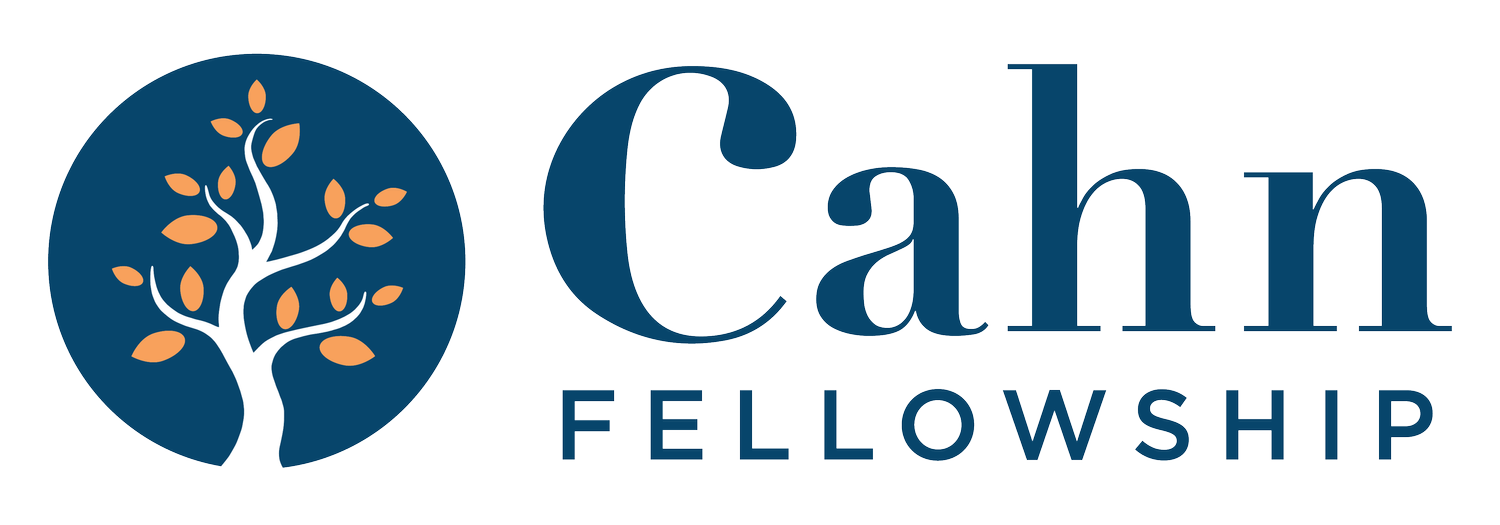Instructional Dress Rehearsal and Eradicating the Culture of Nice
How One School Uplifted a Community and Improved Instruction via Structured PLCs and Authentic Feedback Practices
Larissa McCoy-Mitti • Cahn Fellow 2021
Improving teacher practice and, ultimately, student outcomes, has long been the focus of our turnaround work at A.P. Leto Comprehensive High School. By recruiting and establishing an Instructional Leadership Team (ILT), we have been able to leverage the expertise of a group of highly effective educators to change the trajectory of teaching and learning at our school. Beginning by narrowing the standards and engaging teachers in professional development that centered on the importance of powerful lesson planning, we were able to level the planning playing field. With the support of our building-level ILT, we then implemented structured, protocol-driven PLCs by aligning powerful lesson planning expectations with the Lesson Tuning Protocol and the Looking at Student Work Protocol. Eventually, based on teacher feedback, student performance data, and observation data, we realized that our greatest issue was no longer the planning of lessons but the execution of them. As a result, our ILT crafted a Lesson Rehearsal Protocol to use in place of the Lesson Tuning Protocol. Teachers would be expected to bring a lesson of their choice to their PLCs, and, in front of their course-alike colleagues, rehearse that lesson—teach it just as they would were their students in front of them. While awkward at first, our ILT continued to push teacher practice and comfort by modeling and monitoring rehearsal expectations. And, it was during the monitoring process, that our ILT realized that the Lesson Rehearsal Protocol would never be effective if we did not address teachers’ ability to give and receive meaningful, appropriate feedback. Thus, we shifted the professional development we offered to teachers and spent time discussing teachers’ strengths and their Ways of Knowing, how those strengths and Ways of Knowing might affect the way in which they need to give and receive feedback to maximize their own professional growth and the professional growth of their colleagues. Thus, using protocol-driven PLCs and by empowering teachers to give and receive purposeful and productive feedback, teams of teachers worked collaboratively to make the greatest gains in our school’s 57-year history.

